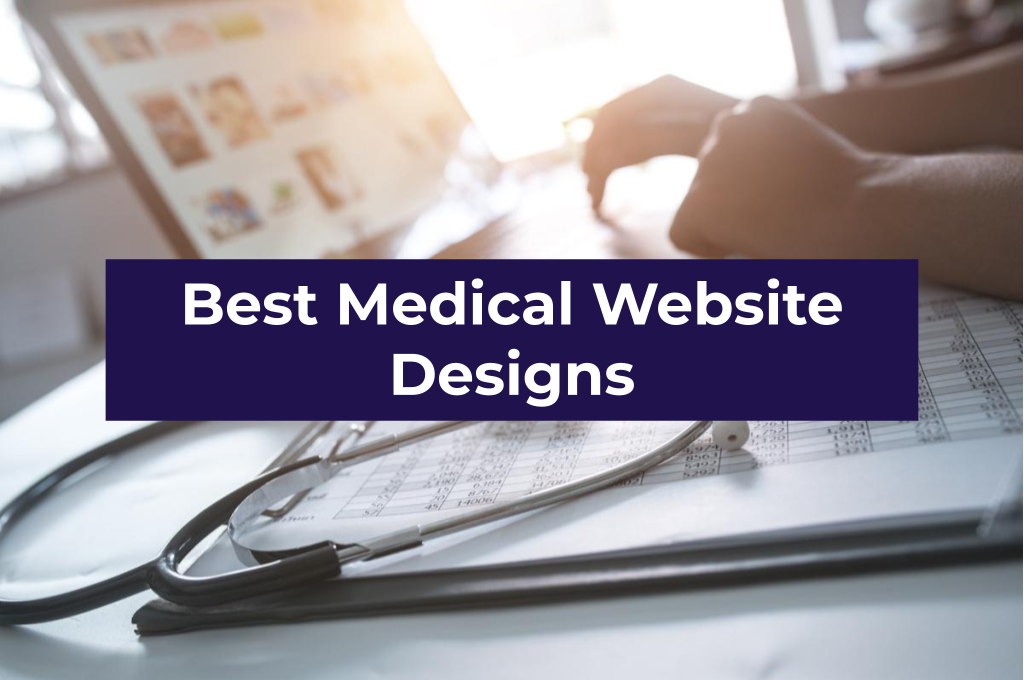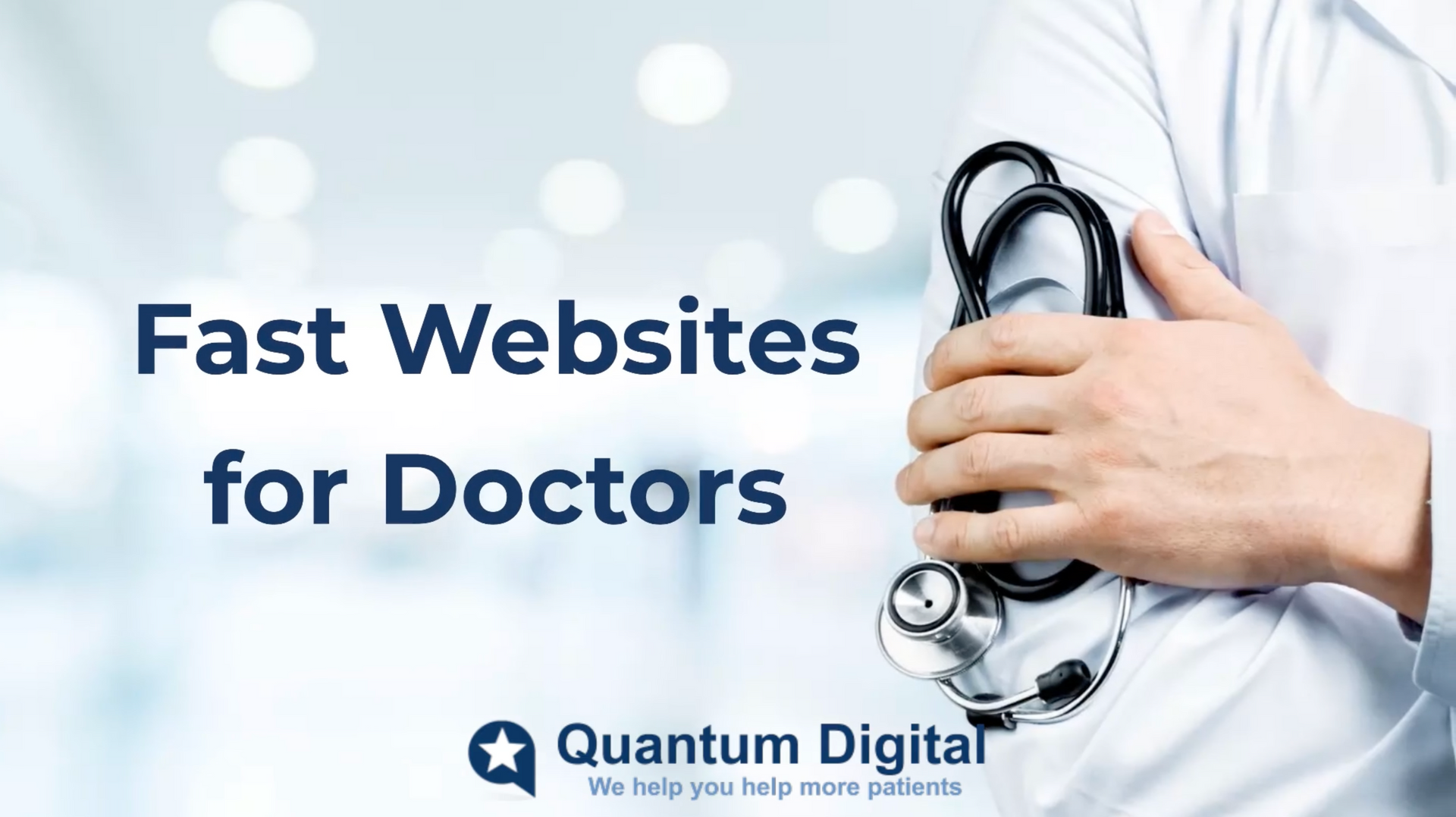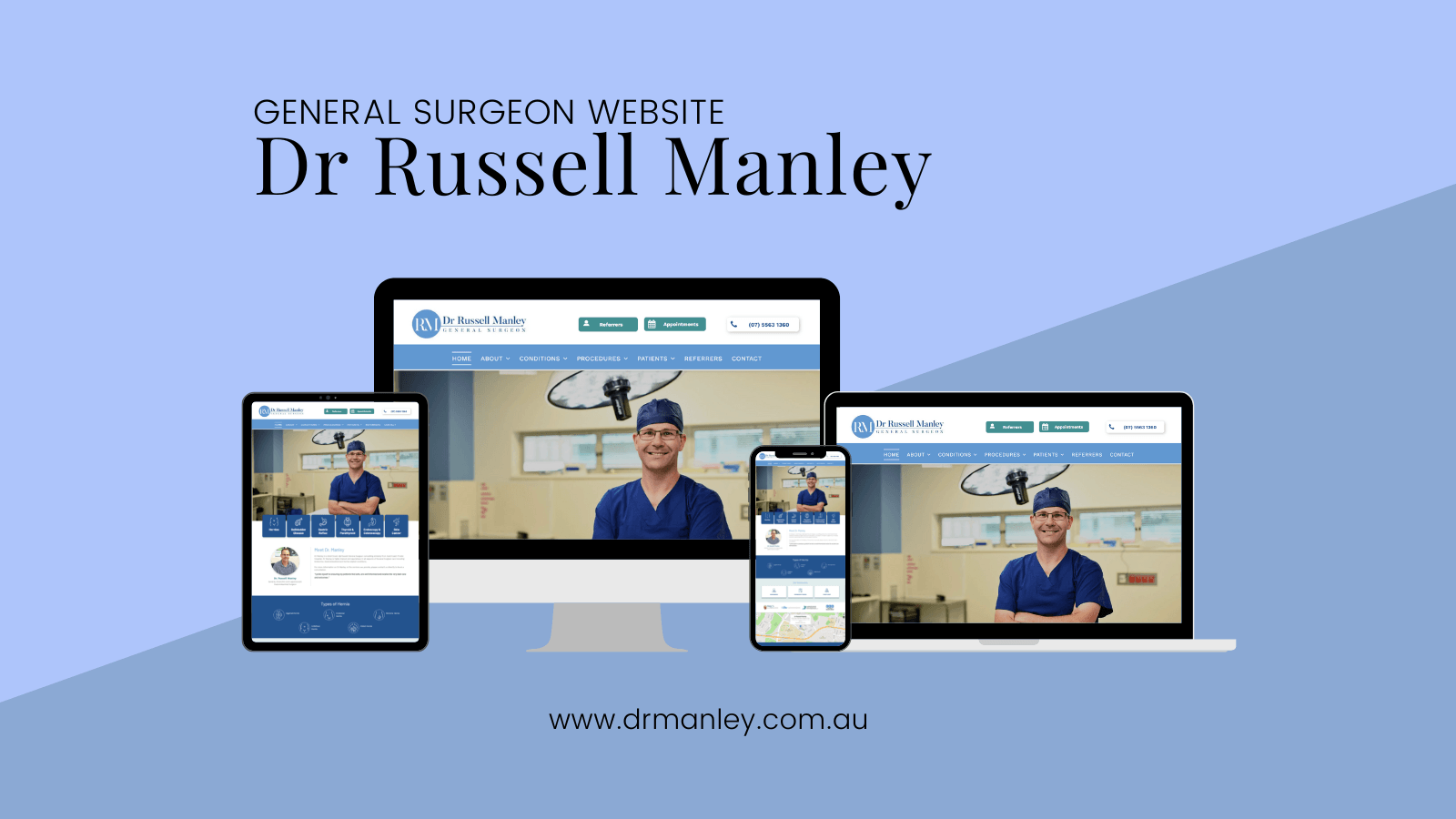Top Health Websites for Trusted Advice
Imagine waking up one morning with a pounding headache and a persistent cough. As you explore the homepage of a health website, you stumble upon a hospital's site that offers all-encompassing healthcare services. Worried about your symptoms, you grab your smartphone and search for answers on a health website.
You search through various apps and browse social media, hoping to find information that can help. You can easily find the contact information for healthcare professionals or support on these platforms if needed. In today's digital age, the internet has become our go-to resource for health information. Many people turn to hospital websites to find reliable and up-to-date health information.
These websites serve as lifecare hubs, providing valuable information about various medical conditions, treatment options, and healthcare services. Healthcare websites often offer convenient apps to access important health resources from home pages. However, amidst the vast sea of websites, how can we ensure our homepage and pages provide accurate and trustworthy information to visitors? Are our apps reliable sources for accessing this information?
Finding reliable health information on medical websites is paramount in an era of misinformation and sensationalised news. The homepage of a healthcare website showcase for a hospital can provide trustworthy information through concise text and relevant images. Websites that provide accurate and up-to-date health content on their homepage play a crucial role in empowering individuals to make informed decisions about their well-being. These websites often share personal information, allowing users to access relevant hospital information.
Additionally, these websites may include images to enhance the user experience further. These hospital websites not only present valuable insights but also cater to the diverse needs of visitors - from lifecare tips to disease prevention strategies. The homepage of these websites often feature images that enhance the user experience.

Quantum Digital can show and explain to you the world of healthcare websites. You can learn the importance of accessing reliable sources on a hospital's homepage in an era where personal information is at stake. Your visitors can easily find relevant information and images on these websites. Discover how healthcare websites serve as beacons of knowledge, guiding us towards healthier lives.
These Medical Website Services platforms, found on the homepage of a hospital site, provide valuable information through text and images.
Finding Reliable Health Information Online
Finding reliable health information on a site's homepage can be challenging for visitors. With the vast amount of information available on health websites, visitors need to navigate through it wisely and ensure that their sources for health care are credible.
Challenges faced when searching for reliable health information on the internet
One of the main challenges people face when searching for health information on a site is determining the credibility of their sources. The internet is filled with websites that may only sometimes provide accurate or evidence-based information on health care. Misleading or false health claims on a site can severely affect a person's well-being if followed without proper research.
Tips and strategies to ensure the credibility of online health resources
To ensure you access reliable health information, here are some tips and strategies you can follow on the site.
- Check the source: Find reputable healthcare websites such as government agencies, academic institutions, and well-known medical organisations. These healthcare sources often have strict guidelines on their site to ensure accurate and up-to-date information.
- Review author credentials: Take a moment to check the qualifications and expertise of the authors or contributors of the content. Look for individuals who have relevant experience or credentials in their respective fields.
- Assess website design: A professional-looking website does not guarantee credibility but can indicate trustworthiness. Pay attention to factors like user-friendliness, straightforward navigation, absence of excessive advertisements, and proper citation of references.
- Evaluate references and citations: Reliable sources should provide references or citations supporting their claims. Check if these references are from reputable journals or studies within the healthcare field.
- Look for updated content: Health information evolves as new research emerges. Ensure that the website you're using regularly updates its content to reflect current knowledge in healthcare.
- Consider consensus among multiple sources: Cross-reference information from multiple reliable sources is always good. If several reputable websites provide similar information, it's more likely to be accurate.
Importance of using reputable sources when researching health topics
Using reputable sources for health research is crucial for several reasons:
- Accuracy and reliability: Reputable sources undergo rigorous review processes, ensuring that the information provided is accurate and based on scientific evidence. This helps you make informed decisions about your health and well-being.
- Trustworthy guidance: Reputable sources can offer trustworthy guidance on various health topics, including prevention, treatment options, and lifestyle choices. Following their advice can lead to better health outcomes.
- Safety concerns: Incorrect or misleading information can adversely affect your health. By relying on reputable sources, you minimise the risk of following harmful advice or engaging in unsafe practices.
How to navigate through vast amounts of information available online
With an overwhelming amount of online information, it is important to develop effective strategies for navigating through it.
Healthdirect: Trusted Source of Health Advice
Healthdirect is an invaluable resource for anyone seeking reliable health advice. It has established itself as a trusted source with a wide range of services and collaboration with healthcare professionals. Let's look closer at what makes Healthdirect stand out from the rest.
Services Provided by Healthdirect
Healthdirect offers various services to ensure individuals have access to accurate and up-to-date information. One of its notable features is the helpline service, where you can contact healthcare professionals ready to provide guidance and support. Whether you have questions about symptoms, medications, or general health concerns, these experts are just a phone call away.
In addition to the helpline, Healthdirect provides an extensive collection of online resources. These resources cover a wide range of health topics and are designed to be easily accessible to users. From articles on common illnesses to tips for maintaining overall well-being, you can find valuable information at your fingertips.
Collaboration with Healthcare Professionals
What sets Healthdirect apart is its collaboration with healthcare professionals. The organisation works closely with doctors, nurses, and other medical experts to ensure that the information provided is accurate and trustworthy. This collaborative approach ensures that users receive reliable advice based on current medical knowledge.
By involving healthcare professionals in creating and verifying content, Healthdirect maintains high standards. Users can feel confident knowing they receive advice from qualified experts with extensive experience in their respective fields.
Accessibility Features for Diverse Audiences
Healthdirect understands the importance of accessibility. The website offers various features catering to diverse audiences, ensuring everyone can benefit from its services. For example:
- The website has user-friendly navigation so visitors can easily find the necessary information.
- It provides multilingual resources for non-English speakers who may require assistance in their native language.
- Healthdirect offers accessibility options for individuals with visual impairments, such as text-to-speech functionality and high contrast settings.
By prioritising accessibility, Healthdirect ensures its services are accessible to a wide range of individuals, regardless of their background or abilities.
Recognition and Awards
Healthdirect's commitment to providing reliable health advice has not gone unnoticed. The organisation has been recognised and awarded for its exceptional contributions to the field. These accolades serve as a testament to Healthdirect's dedication to delivering accurate information and supporting the well-being of individuals.
Some notable recognitions include:
- The Australian Web Award for Best Government Website
- The Australian Service Excellence Award for Best Use of Technology
- The Australian Information Industry Association award for Best eGovernment Solution
These awards highlight the trustworthiness and effectiveness of Healthdirect in providing valuable health advice and support to the community.
Key Elements of Websites for Health
Accessibility
The website should be accessible to everyone, including people with disabilities. Ensure the design complies with accessibility standards, such as the Web Content Accessibility Guidelines (WCAG).
User Experience (UX) and User Interface (UI)
Focus on creating a website that's easy to navigate. The layout should be intuitive, allowing users to find the information they're seeking without hassle. A clean design and straightforward menu contribute to an enjoyable user experience.
Mobile Responsiveness
Many users will access the website from a mobile device. Therefore, the website should be designed to adapt to various screen sizes, offering a seamless experience across different platforms.
Fast Loading Time
Slow loading time can deter users. Optimise images, minimise code and leverage browser caching to improve speed. Tools like Google PageSpeed Insights can provide insights into your website's performance.
Content Quality
Your specialty is creating compelling content for medical topics. Ensure the content is well-researched, accurate, and presented in a language the average reader can understand. This could include sections on medical conditions, treatments, protocols, diagnostics, care plans, and post-operative therapies.
Secure and Compliant
As you'll be dealing with medical information, adhering to privacy laws and regulations like the U.S. Health Insurance Portability and Accountability Act (HIPAA) or the equivalent in Australia is crucial. Ensure that your website uses HTTPS and complies with all necessary legal obligations.
Search Engine Optimiszation (SEO)
Optimise your website for search engines to ensure it ranks well in search results. This includes keyword research, meta-descriptions, and high-quality content that answers users' queries.
Calls to Action (CTAs)
Every webpage should have a clear call to action. Whether it's to book an appointment, download an eBook, or call for more information, guide the user to the next step in their journey.
Social Proof
Testimonials, patient reviews, and success stories can lend credibility to your website and medical practice. Consider adding a section with photos or videos for a personal touch.
Blog/News Section
A regularly updated blog or news section can provide value to users and help improve the website's SEO. It can serve as an educational resource on various medical conditions and treatments, written in a way the general public can understand.
Analytics and Feedback
Finally, incorporate analytics tools to monitor user behaviour and gather feedback. This data can be invaluable for future adjustments and improvements.
Integrating these elements allows you to build a comprehensive, practical, and user-friendly health website tailored to your target audience.
Tips for Evaluating Online Health Information
In today's digital age, finding health information online is easier than ever. However, not all websites are created equal. It's essential to evaluate the sources of online health information carefully to ensure you're getting accurate and trustworthy advice. Here are some key factors to consider when evaluating the credibility of online health information sources.
Key Factors to Consider
When assessing the credibility of a website or source of health information, there are several important factors to keep in mind:
- Author Credentials and Affiliations: Check if the author has relevant qualifications or expertise in healthcare. Look for their educational background, professional affiliations, and any experience they may have in the subject matter. This will help establish their authority on the topic.
- Accuracy and Reliability: Look for evidence-based information supported by scientific research or reputable medical organisations. The content should be up-to-date and reviewed regularly for accuracy. Be cautious of websites that make grandiose claims without credible references or supporting evidence.
- Transparency about Sources: A reliable website will provide clear references and citations for the information presented. Check if they link to reputable sources such as peer-reviewed journals, government agencies, or well-known medical institutions. Transparency about sources indicates that the website values accountability and is committed to providing accurate information.
- Consistency with Established Knowledge: Compare the information on a website with what is commonly accepted in the medical community. If something seems contradictory or too good to be true, it's worth digging deeper into whether there is consensus among experts in the field.
Red Flags indicating Potentially Unreliable Content
While evaluating online health information, it's crucial to be aware of red flags that may indicate potentially unreliable or misleading content:
- Promotion of Miracle Cures: Be sceptical of websites that claim to have a miraculous cure for a particular health condition. If it sounds too good to be true, it probably is. Look for websites that provide balanced information and acknowledge the limitations of treatments or interventions.
- Lack of Authorship Information: A website needs to state who the authors are clearly and their credentials to raise questions about the credibility of the information presented. Reliable sources will typically provide author biographies or qualifications.
- Overly Emotional Language: Websites that use excessively emotional language or make sensational claims should be approached cautiously. Reliable health information sources present facts objectively rather than relying on fear tactics or exaggerated language.
- Poor Website Design and Functionality: While only sometimes indicative of reliable content, websites with poor design, numerous pop-up ads, or broken links may suggest a lack of professionalism and attention to detail. It's worth considering whether such websites prioritise user experience and quality content.
Top Healthcare Websites in the World (2023)
These websites have gained immense popularity and recognition for their unique features, user engagement, and diverse specialties. Let's take a closer look at each one:
WebMD
WebMD is a leading healthcare website that provides comprehensive information on various medical conditions, treatments, and wellness topics. With its user-friendly interface and extensive database of articles written by medical professionals, WebMD has become a go-to resource for individuals seeking reliable health information.
Pros:
- The Healthcare Website Showcase offers comprehensive, detailed information on various health topics.
- Provides interactive tools such as symptom checkers and medication trackers.
- Features an active community forum for users to connect with others facing similar health concerns.
Cons:
- Some users may find the abundance of medical jargon overwhelming.
- The website primarily focuses on the United States healthcare system.
Mayo Clinic
Mayo Clinic's website is renowned for its authoritative content and expertise in various medical fields. It offers valuable resources, including articles, videos, and podcasts related to diseases, treatments, healthy living tips, and more. Mayo Clinic provides access to its team of renowned physicians through online consultations.
Pros:
- Provides trustworthy information backed by expert medical professionals.
- Offers personalised health recommendations based on individual profiles.
- Allows users to schedule appointments with Mayo Clinic specialists.
Cons:
- The website can be overwhelming due to its vast amount of content.
- Some users may need help navigating through certain sections.
Healthline
Healthline is another highly popular healthcare website that covers a wide range of health-related topics. It offers evidence-based articles written by medical experts and personal stories from individuals who have experienced various health conditions. Healthline also provides access to telehealth services for virtual consultations with healthcare providers.
Pros:
- Features easy-to-understand content suitable for individuals of all health literacy levels.
- Offers a symptom checker tool to help users identify potential health issues.
- It provides a supportive community forum where users can share their experiences.
Cons:
- The website contains advertisements that may be distracting for some users.
- Some articles may need more in-depth medical information.
NHS Choices
NHS Choices is the official website of the National Health Service (NHS) in the United Kingdom. It is a comprehensive resource for individuals seeking information on various health conditions, treatments, and healthcare services available within the NHS. The website also offers practical advice on healthy living and self-care.
Pros:
- Provides reliable and up-to-date information based on NHS guidelines.
- Features interactive tools such as calorie counters and fitness trackers.
- Offers access to online services, including appointment booking and prescription ordering.
Cons:
- The content is primarily focused on the healthcare system in the United Kingdom.
- Some users may need help navigating through certain sections of the website.
Frequently Asked Questions about Healthcare Websites
Common Questions and Concerns about Healthcare Websites
People often have questions and concerns. With so much online information, it's natural to wonder about the reliability of the content found on these platforms. Many individuals may need clarification on whether they can trust the health advice provided or if there are any limitations to relying solely on online resources.
One common concern is the accuracy of information on healthcare websites. While it's true that not all websites are created equal, many reputable sources exist that provide reliable and up-to-date information. It's essential to look for websites affiliated with reputable hospitals or medical organisations, as they often have a team of healthcare professionals involved in creating and maintaining the content.
Addressing the Reliability of Information Found on Healthcare Websites
Reliability is a crucial factor when seeking health-related information online. To ensure you're accessing trustworthy content, consider these factors:
- Source credibility: Search websites backed by well-known hospitals, medical associations, or government health agencies. These organisations typically adhere to strict guidelines and standards.
- Peer-reviewed articles: Check if the website cites peer-reviewed studies or research papers. This indicates that experts in the field have reviewed and validated the information.
- Consistency with other sources: Cross-reference information from multiple reputable sources to verify its accuracy and consistency.
- Transparency: Reliable healthcare websites should clearly state their sources and provide references for their claims.
Remember that while healthcare websites can be valuable sources of general information, they should not replace professional medical advice. Always consult a healthcare professional for personalised guidance tailored to your needs.
The Role of Healthcare Professionals in Creating and Maintaining Healthcare Websites
Healthcare professionals play a vital role in developing and managing healthcare websites. Their expertise ensures that accurate, evidence-based information is presented to users effectively. Here are some ways healthcare professionals contribute:
- Content creation: Medical experts write articles, blog posts, and other educational materials to provide accurate and reliable information.
- Review process: Healthcare professionals review the content to ensure its accuracy, relevance, and adherence to medical guidelines.
- Updates and maintenance: As new research emerges or medical practices evolve, healthcare professionals update the website's content to reflect the latest information.
By involving healthcare professionals in creating and maintaining healthcare websites, users can have confidence in the quality of the information provided.
The Limitations and Boundaries of Online Health Advice
While healthcare websites offer a wealth of valuable information, it's essential to understand their limitations. Here are some key points to consider:
- General guidance: Most online health advice provides general recommendations that may not apply specifically to your unique circumstances. Individual factors such as age, medical history, and lifestyle should be considered when making health decisions.
- Lack of personalisation: Online platforms cannot replace face-to-face consultations with healthcare professionals who can assess your specific needs comprehensively.
Importance of Reliable Health Information Online
Access to reliable health information online is crucial in making informed decisions about personal well-being. With the vast amount of information available at our fingertips, it's important to understand the impact that accurate online health information can have on our lives. Let's explore why relying on trustworthy sources for necessary information is essential and how it can contribute to preventive care and overall public health outcomes.
Impact on Informed Decision-Making
Access to reliable health information empowers individuals to make informed decisions about their healthcare journey. When searching for answers or guidance regarding a specific condition or symptom, having accurate and trustworthy information ensures we know to take appropriate action. Whether understanding treatment options, potential side effects, or lifestyle changes, reliable online resources provide us with the necessary information to navigate various healthcare scenarios.
Contribution to Preventive Care
Preventive care plays a vital role in maintaining overall well-being and preventing the onset of diseases. Accurate online health information allows individuals to educate themselves about preventive measures such as vaccinations, screenings, healthy lifestyle choices, and early detection of potential health issues. We can proactively safeguard our health and minimise future risks by staying informed through reliable sources.
Avoiding Potential Harm or Misinformation
One of the dangers of relying on unreliable sources for health-related information is the risk of misinformation or potentially harmful advice. The internet contains misleading content that may promote false remedies or unproven treatments. By seeking out trustworthy websites for health-related queries, we can avoid falling victim to misinformation that could harm our well-being.
Empowering Individuals in Their Healthcare Journey
Reliable online health information empowers individuals by allowing them to participate in their healthcare journey actively. It encourages a sense of ownership over one's well-being and fosters a partnership between patients and healthcare providers. With accurate information, individuals can have more meaningful discussions with their doctors, ask relevant questions, and actively engage in shared decision-making regarding their treatment options.
Enhancing Public Health Outcomes
The widespread dissemination of accurate medical knowledge through reliable health websites significantly impacts public health outcomes. When individuals have access to trustworthy sources of information, they are better equipped to make informed choices for themselves and their families and communities. This collective understanding and awareness contribute to healthier populations, reduced healthcare costs, and improved overall well-being on a larger scale.
Checklist: Finding Reliable Health Information Online
Finding reliable health information in the vast realm of the internet can feel like searching for a needle in a haystack. With countless websites offering advice and information, it's essential to have a checklist to help you navigate through the digital landscape. This concise checklist will give you key steps when searching for trustworthy health information online.
Evaluate Website Credibility
When visiting a website for health information, it's crucial to assess its credibility. Here are some factors to consider:
- Source: Determine who is behind the website and their qualifications in the health field. Look for websites that reputable organisations or experts run.
- Domain: Check if the website has a reputable domain extension such as .org, .edu, or .gov. These domains often indicate more reliable sources compared to those with generic extensions like .com.
- Design and Functionality: Pay attention to the overall design and functionality of the website. Professional-looking sites with easy navigation are more trustworthy.
Assess Author Expertise
Knowing who wrote or contributed to an article is vital in determining its reliability and accuracy. Keep these points in mind:
- Author Credentials: Look for articles written by qualified professionals in their respective fields, such as doctors, scientists, or registered dietitians.
- Expert Consensus: Check if multiple experts have contributed to the content, indicating that it has been reviewed and approved by knowledgeable individuals.
Verify References and Citations
Credible sources and references should back up reliable health information. Consider these aspects:
- References: Ensure the article includes references or links to scientific studies, research papers, or other reputable sources supporting the claims.
- Recent Sources: Look for references from recent publications as healthcare knowledge evolves.
Consider Transparency and Bias
It's important to be aware of potential biases or conflicts of interest that may influence the information presented. Keep these points in mind:
- Transparency: Check if the website provides clear information about its funding sources, affiliations, and sponsorship.
- Balance of Information: Look for websites with a balanced view of different perspectives rather than promoting one viewpoint.
Engage Critical Thinking Skills
As you navigate online health resources, engaging your critical thinking skills is essential. Here are some tips:
- Question Everything: Be sceptical and question the information you come across. Consider multiple sources and viewpoints before concluding.
- Fact-Checking: Cross-reference the information with reputable sources or consult healthcare professionals to verify accuracy.
Promote Responsible Use of Online Health Information
While the internet can provide valuable health information, it's crucial to use it responsibly. Here are some guidelines:
- Consult Healthcare Professionals such as Quantum Digital
Checklist: Finding Reliable Health Information Online
We discussed some frequently asked questions about top healthcare websites in the previous section. Now, let's dive deeper into finding reliable health information online and continue our checklist.
Evaluate the Source's Credibility
When searching for health information online, it's crucial to evaluate the credibility of the sources you come across. Here are a few factors to consider:
- Author Qualifications: Check if the author has relevant expertise or credentials in the health field. Look for qualifications such as medical degrees or certifications.
- Source Reputation: Consider the reputation of the website or organisation providing the information. Reputable sources like government agencies, academic institutions, and well-known medical organizations are more likely to provide accurate and reliable information.
- Publication Date: Pay attention to when the information was published or last updated. Medical knowledge evolves rapidly, so ensure that you're accessing up-to-date content.
- References and Citations: Look for sources that provide references or citations to support their claims. This indicates that they have conducted thorough research and can support their statements with evidence.
- Bias and Commercial Interests: Be aware of potential biases or commercial interests that may influence the information presented on a website. Some sites may prioritise profit over accuracy, so it's important to assess any potential conflicts of interest critically.
Cross-Check Information
Cross-checking information is an essential step in verifying its accuracy and reliability:
- Compare Multiple Sources: Consult multiple reputable sources to corroborate the information you find online. If several trustworthy sources provide consistent details, it increases confidence in its reliability.
- Look for Consensus Among Experts: Seek out expert opinions from trusted medical professionals or organisations within a specific field when available.
- Fact-Checking Websites: Utilize fact-checking websites specifically dedicated to debunking misinformation and validating claims. These sites can help you separate fact from fiction.
Consider the Website Design
The design and layout of a website can provide valuable insights into its reliability:
- Professional Appearance: Reputable health websites are often well-designed, with a professional appearance and user-friendly interface. They prioritise readability and accessibility for their audience.
- Easy Navigation: A reliable health website should have clear navigation menus, making it easy to find information quickly. Intuitive organisation and search features enhance the user experience.
- Ad Placement: Pay attention to the placement and frequency of advertisements on the website. Excessive ads or intrusive pop-ups may indicate that the site prioritises revenue generation over providing accurate information.
Check for Transparency and Privacy Policies
When accessing health information online, it's essential to ensure transparency regarding data usage and privacy policies:
- Transparency: Look for websites clearly stating their mission, purpose, and goals. Transparent websites are more likely to prioritise accurate information dissemination over personal gain.
FAQs about Top Healthcare Websites
Let's dive into these queries and provide insights into the features, usability, availability across different regions, and more for each website listed.
Specific Features of Top Healthcare Websites
- What unique features set these top healthcare websites apart from others?
- Each of these leading platforms offers a range of unique features that enhance user experience and provide valuable health information.
- Website A, for instance, stands out with its comprehensive database of medical articles written by experts in the field.
- Website B focuses on interactive tools such as symptom checkers and personalised health trackers to empower users in managing their well-being.
- Quantum Digital excels in providing access to a vast network of healthcare professionals through telemedicine services, making it an ideal platform for doctors looking to implement advanced SEO strategies.
- Are there any specific features aimed at improving accessibility for individuals with disabilities?
- Yes, all three websites prioritise accessibility and strive to ensure their content is inclusive.
- Website A includes alt-text descriptions for images and provides options for adjusting font sizes and color contrasts.
- Website B offers closed video captioning and has implemented keyboard navigation functionality for individuals who rely on assistive technology.
- Website C adheres to WCAG 2.0 guidelines to ensure compatibility with screen readers and other assistive devices.
Usability of Top Healthcare Websites
- How user-friendly are these top healthcare websites?
- The top healthcare websites mentioned have invested significant effort in creating intuitive interfaces that cater to users of all ages and technical backgrounds.
- Website A employs a clean design with a straightforward navigation menu, making it easy for users to find relevant information quickly.
- Quantum Digital utilises a step-by-step approach in guiding users through various health-related tasks, ensuring simplicity throughout the process.
- Website C incorporates a search function with advanced filtering options, enabling users to efficiently refine their results and find specific health resources.
- Can these websites be accessed on mobile devices?
- Absolutely! Recognising the increasing use of smartphones and tablets for accessing online information, all three websites have developed mobile-responsive versions.
- Website A, B, and C are optimised for mobile viewing, providing seamless experiences across different screen sizes.
- Users can conveniently access health articles, track their symptoms, or schedule virtual appointments with healthcare professionals using Advanced SEO for Doctors and Medical Website Services from their mobile devices.y
Availability Across Different Regions
- Are these top healthcare websites available in multiple regions?
- These leading platforms aim to reach as many users as possible and ensure global accessibility.
- Website A has localised versions in multiple languages to cater to diverse populations worldwide.
- Website B has expanded its reach through partnerships with local healthcare providers in various regions, offering region-specific content and services.
Can I trust all healthcare websites I come across?
Not all healthcare websites are created equal. It's important to evaluate the credibility of a website before relying on its information. Look for trusted sources backed by medical professionals or reputable organisations.
How can I determine if a website is reliable?
To assess a website's reliability, consider the author's qualifications, references or citations, transparency about funding or affiliations, presence of peer-reviewed content, and adherence to privacy policies.
Are there any specific red flags indicating an unreliable healthcare website?
Yes, be cautious if a website promotes miracle cures or quick fixes without scientific evidence, needs more transparency about its authors or credentials, contains excessive advertisements that overshadow content quality, or presents biased viewpoints without acknowledging opposing perspectives.
Are user reviews a reliable indicator of a website's credibility?
User reviews can provide insights into user experiences but should not be the sole determinant of a website's credibility. Rely more on expert opinions and evidence-based content when evaluating the reliability of healthcare websites.
Can I trust health information shared on social media platforms?
Exercise caution when relying on health information shared on social media. Verify the source's credibility and cross-reference the information with reputable healthcare websites before accepting it as accurate.
Conclusion: Websites for Health
Congratulations! You have now explored the world of websites for health, and armed with valuable knowledge; you are ready to navigate the vast online landscape of health information. Finding reliable health information is crucial for making informed decisions about your well-being. Following the tips and checklists in this blog post, you can confidently evaluate online sources and access trustworthy information.
Now that you know how to find reliable health information online, it's time to take action. Start by bookmarking reputable websites like Healthdirect and referring to them whenever you need accurate advice or guidance on various health topics.
Share this newfound knowledge with your friends and family so they can benefit from credible sources. Together, we can empower ourselves with reliable health information and better choices for our overall well-being.









